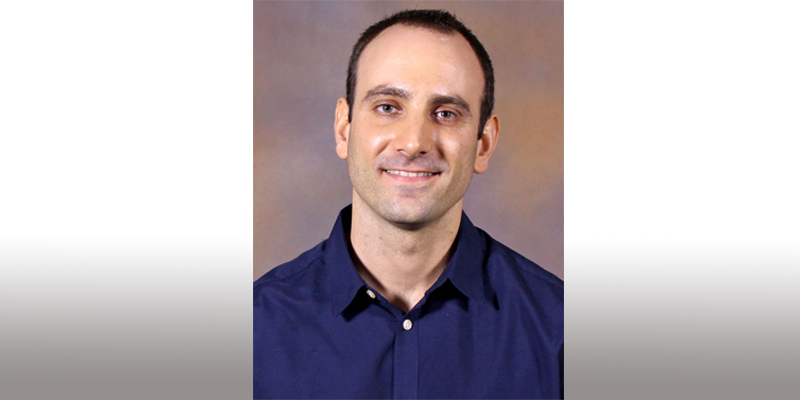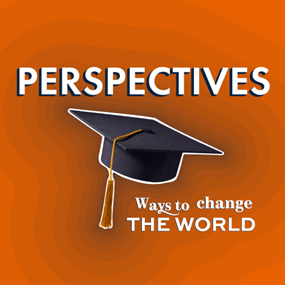Auburn public relations professor receives $100,000 Pfizer grant to study vaccine hesitancy

Michail Vafeiadis, an associate professor of public relations at Auburn University, will co-lead a first-of-its-kind study into why people choose not to get vaccinated against COVID-19.
Vafeiadis will conduct a meta-analysis examining existing social science research on COVID-19 vaccine hesitancy. Pfizer awarded Vafeiadis $104,966 in research funding so the pharmaceutical company — and COVID-19 vaccine producer – may use the results to improve public health outcomes.
“COVID-19 has caused societal and health challanges throughout the United States with all these lockdowns and restrictions that have been enforced,” Vafeiadis said. “With our research, we’re trying to understand the underlying psychological, social, cultural and behavioral factors that are driving some people to be hesitant toward getting vaccinated against COVID-19.”
To understand those factors across the current body of COVID-19 research, Vafeiadis will conduct a meta-analysis, which combines data from dozens of studies, then identifies common themes and patterns across research.
Since 2020, thousands of surveys, experiments and clinical trials have focused on COVID-19 vaccinations. Vafeiadis will be among the first to organize and rank underlying causes of why people reject the COVID-19 vaccine.
“We’re going to collect our data from scientific studies that have been published over the past three years, and then we’re going to statistically analyze it in order to identify common themes and patterns,” Vafeiadis said. “This meta-analysis will help us to get more concrete insights about the knowledge that we have right now, which is scattered because no one has collectively analyzed all this data. So, it’s a big project.”
Vafeiadis received a research grant from Pfizer Global Medical Grants, which supports research “to improve patient outcomes in areas of unmet medical need.” The meta-analysis call for proposals sought a project to address “structural barriers, social determinants and attitudes” on COVID-19 hesitancy.
More than one million people have died due to COVID-19, and billions of dollars have been invested to develop and distribute vaccines against the disease. Still, about one-fourth of American adults are hesitant to receive the vaccine.
Research suggests that 70-90% of the population must be vaccinated before achieving herd immunity — a marker that signifies when enough of a community is immune to a disease and that disease is not likely to spread any further.
Vafeiadis said the results of the meta-analysis will help bridge the gap between the number of vaccinated adults and the number needed to achieve herd immunity.
“Our research is broader, so while we’re looking at cultural factors, this could be race or it could be economical factors, we’re also looking at social issues and behavioral factors,” Vafeiadis said. “It’s more comprehensive, our approach, in studying this phenomenon. By analyzing all this published scientific research, we can come up with specific recommendations and then suggestions on how to tailor future health and vaccination campaigns.”
Vafeiadis and his co-investigators, Assistant Professor Ruobing Li from Stony Brook University, and Professor Fuyuan Shen from Pennsylvania State University, have extensive research in meta-analyses and health communication, with work published in top scientific journals, and will provide the study’s report to Pfizer early this fall. With it, Vafeiadis hopes to share ways to approach improving health outcomes.
“This is a public relations problem for Pfizer, for other pharmaceutical companies, but even for the American government,” Vafeiadis said. “You need public relations in order to educate the public about the benefits of getting a COVID-19 vaccine. The only way to be successful in any health campaign is to know what barriers are preventing your target audience from adopting the recommended action. By knowing these reasons, you can launch more successful public awareness health campaigns about the advantages of vaccination.”
Find more information about public relations at Auburn.






